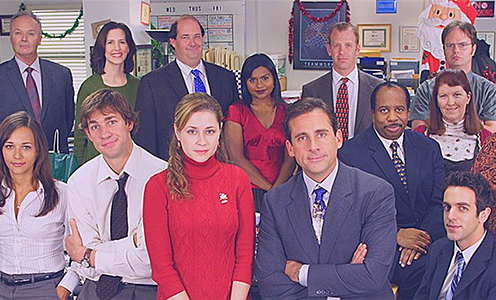The other day I asked a group of senior association leaders, “What’s the most important feedback you’ve ever gotten?” The responses were all over the board: “Talk less in meetings.” “Figure out how to work well with your peers.” “Become excellent at your job or find another one.” They shared that they’re happy to get feedback and one even called it a sweet gift!
Giving and receiving feedback, delivered and received effectively, creates clarity and accountability, develops talent and improves performance and relationships, and solves problems that may otherwise fester. But giving feedback is hard. You have to commit to helping others and creating a culture of accountability. This means feedback isn’t just for end-of-year performance reviews, rather feedback, both the positive and negative, needs to happen every day, in real time or as close to real time as possible.
Not surprising, it’s more common to be good at delivering and receiving positive feedback. Constructive feedback, better known as negative feedback, is more tricky. If we haven’t asked for this feedback gift, we may not want to receive it. When we don’t give it, we often hide behind: “I’m too nice; I don’t want to hurt someone.” But if nice means to disempower your colleagues by saying nothing when they’ve done something wrong or are about to derail, then maybe you don’t want to be so nice!
Many managers were trained on the sandwich feedback approach: say something positive, sandwich in the negative, finish with positive. That can work, but often the outcome and the accountability gets lost. If feedback is a gift, you don’t have to hide it in the middle of a sandwich.
Let’s look at another approach for giving feedback that you can adapt to your style:
- Start by asking if you can provide feedback: “Do you have a few minutes, I’d like to share something I’ve noticed.” If necessary, be sure to acknowledge upfront if it’s going to be difficult for the feedback receiver to hear.
- Be specific in what behavior you’ve noted and show the impact on you: “I noted in the last two meetings that you didn’t have an agenda. I wasn’t able to be fully prepared for the discussion on the project and this means we’ll have to have a follow-up meeting.”
- Ask the other person if he or she is open to figuring out another way of approaching this situation and/or if there is other information that you may not know about: “Could you distribute an agenda 24-hours in advance of our meetings so that I have time to prepare, or are you waiting for additional info before sending out the agenda?”
- Get agreement on next steps and wrap up!
Ultimately it’s the receiver who decides whether to accept the feedback gift. Remember that we’re hardwired to defend ourselves; be sure to be respectful of the receiver’s feelings and invite discussion as soon as possible.
Your personal and professional growth depends on your ability to pull value from feedback and to find the most effective ways to give the gift of feedback to others so that they, too, can grow. I’d love to hear about the most important feedback you’ve ever gotten.




